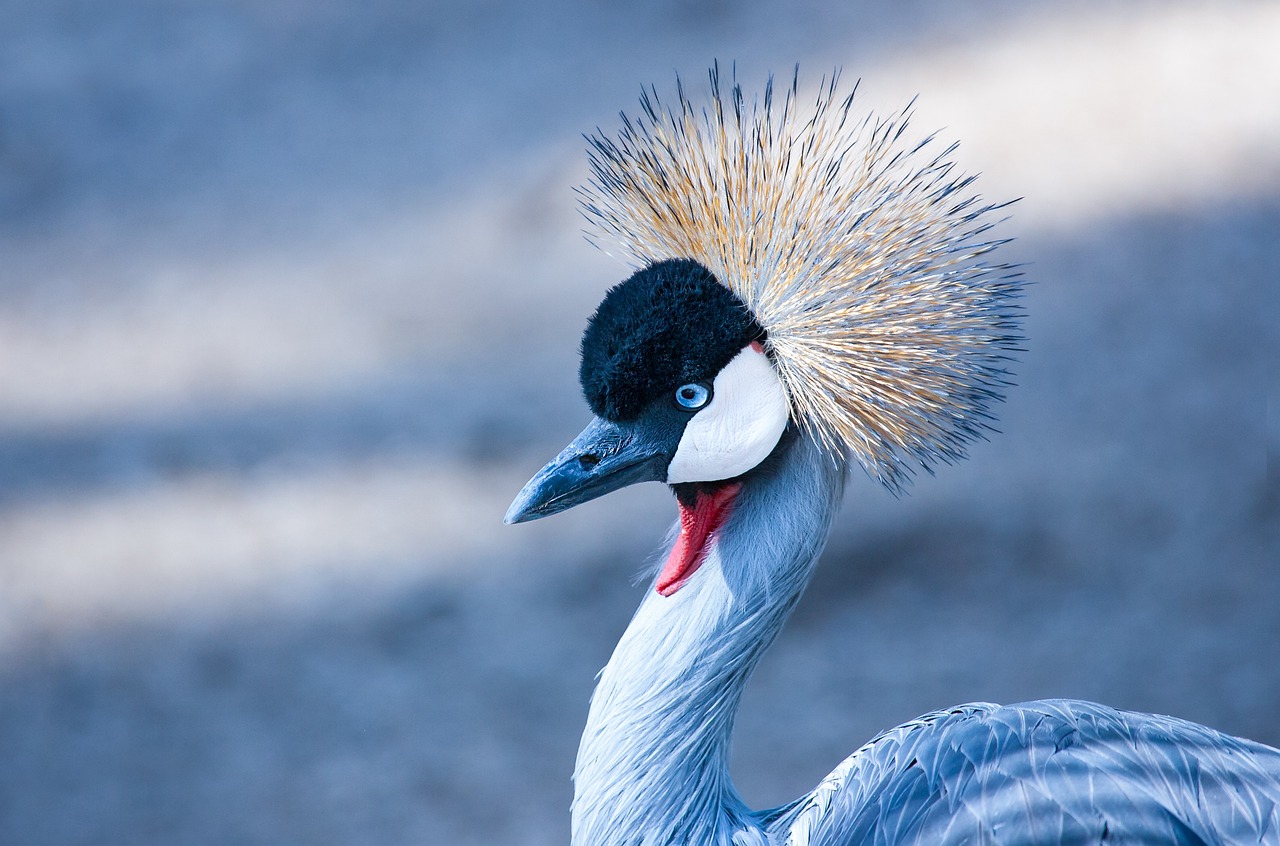I truly appreciate your patience as I sift through images, and I must say that uncovering quality pictures of more obscure deities is quite the challenge. Before diving deeper into this topic, let’s take a moment to recognize the gods and goddesses who exist outside the traditional gender binary.
Understanding Houtu as an Ambiguous Deity
It’s clear from the outset that Houtu’s (后土) gender is not clearly defined, largely due to the use of the term “Hou” (后) in his name, which can refer to sovereigns of both genders. Houtu is largely considered the deity of the Earth, as indicated by the character for earth, “tu” (土), present in his name. Some traditions link him as a descendant of Yan Di, the son of Gong Gong, and the grandfather of Kuafu, or sometimes as Huang Di’s assistant. There are tales of Houtu and Huang Di working together to support the world, tying him to the realm of the Underworld at times, aligning with his earthly dominion and connection to the depths of the soil.
Insights into Houtu can be found in a historical text called Guoyu, or “Discourses of States,” which tells of Houtu’s lineage as Gong Gong’s son, a being credited with reclaiming land for humanity. This reclamation allowed Houtu to be revered as the god of the Earth. Additionally, a poet named Wang Yi noted in the Chuci (Poems of the Chu State) that Houtu was also associated with ruling the Underworld, known as Youdu (幽都), accompanied by an assistant, Tubo (土伯), who guarded its entrance.
Houtu in Various Texts
Various legends suggest that Houtu’s original name was Guolong and recount him as the offspring of Gong Gong. The Huainanzi chronicles events where Yu tamed the floods, died, and subsequently transformed into Houtu.
Houtu’s references span back to ancient Zhou texts like Guoyu, Zuozhuan (The Chronicle of Zuo), and Chuci, revealing his presence in historical narratives. During the Han dynasty, Houtu was mentioned in the Liji (“Record of Rituals”) and Huainanzi, which explores concepts like the Five Elements alongside Yin and Yang. Intriguingly, historical descriptions of Houtu transitioned from male to female, reflecting a broader understanding of gender roles.
Houtu’s name also represents Earth itself, underscoring the deep respect accorded to the land. This reverence explains why Houtu is often viewed as a nurturing figure—after all, the Earth yields fruits, grains, and sustenance, aligning with traditional views of femininity that emphasize nurturing and sustenance.



